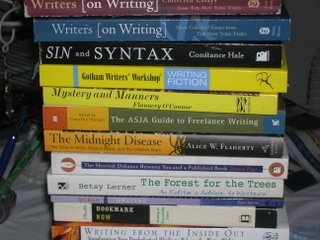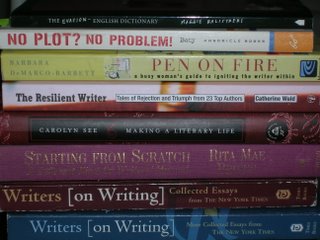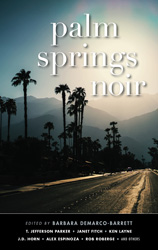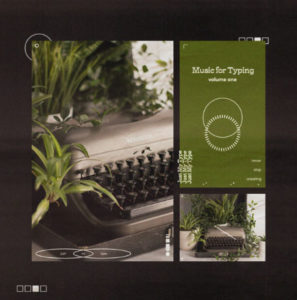I’ve been hosting, producing and engineering my radio show for something like nine years; truthfully, I’ve lost track. My son was a toddler when I began–I know that because when he would come with me to the show, I would often hear him clomping and jumping and screaming happily in the lobby and in the hallway. He is 12 now, and when he comes with me he is much calmer, doing homework or reading or skateboarding outside and every so often he looks at me through the window in the door to the studio, checking in, telling me he’s there and that everything’s fine.
Sometimes I feel overwhelmed with doing the show along with everything else that I do (which is why I’ve been using my guest host Debbie Keith more and more) but I keep doing it because of the people I meet, most of whom I would not meet otherwise. I’ve never been the sort of person who emails or calls someone and says, “Hey, I’d love to pick your brain. How about I take you to lunch the next time I’m in town?” It’s just not me.
The great thing about my show is I pick who I interview. No one is foisted upon me. And last week I had the good fortune of interviewing Joe Eszterhas, the very successful, rebellious, anti-Hollywood screenwriter. He wrote Basic Instinct, Flashdance, Music Box and Jagged Edge. I met him through his daughter Suzanne Perryman who had written to me after she read my book and started listening to my show. At some point she said she was his daughter and would I be interested in having him on my show when his new book came out?
Serendipity is a wonderful thing. OF COURSE I WOULD BE INTERESTED, I told her. I’d admired the guy for years and years, his independent spirit and ability to not become a part of the Hollywood clique while becoming immensely successful.
The interview is now in the archive and you can listen to it at http://writersonwriting.blogspot.com.
As an afterthought, I must say that this blog post was inspired by another PA host at KUCI, T.R. Black. After my interview with Joe, T.R. wrote and said, “I especially enjoyed (all of your interviews are good) your conversation with Joe Eszterhas on Thursday. I have always liked his screenwriting and find him a compelling character. In that I see over 200 films per year in theatres, I have seen nearly all of the films with which he has been involved (sans Big Shots). I too, think The Music Box is his best effort. It is complimented by an A-list cast featuring a strong performance by Jessica Lange. He has been written about in the LA Times on many occasions, and featured o television and radio, as well. But, I thought you evoked some original answers and really had a special rapport with him. Very illuminating.”







 Support Indie bookshops and this site by purchasing books through my BookShop
Support Indie bookshops and this site by purchasing books through my BookShop
